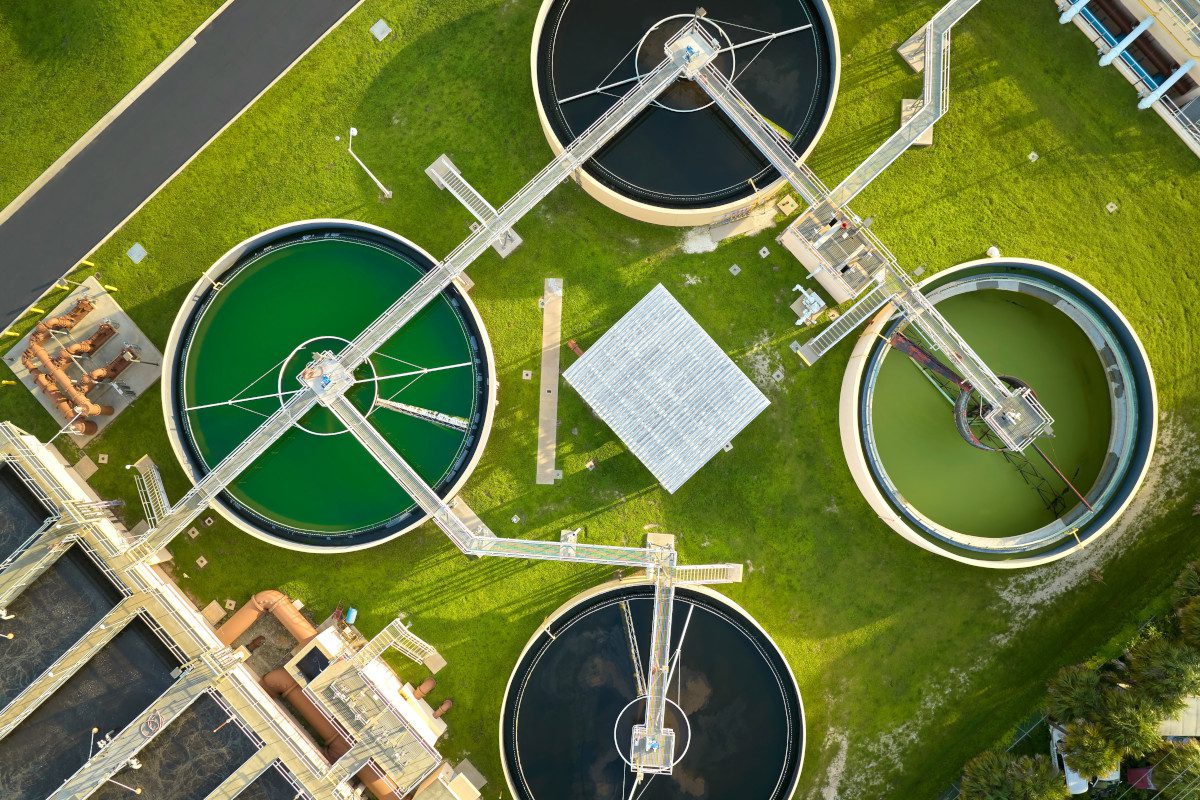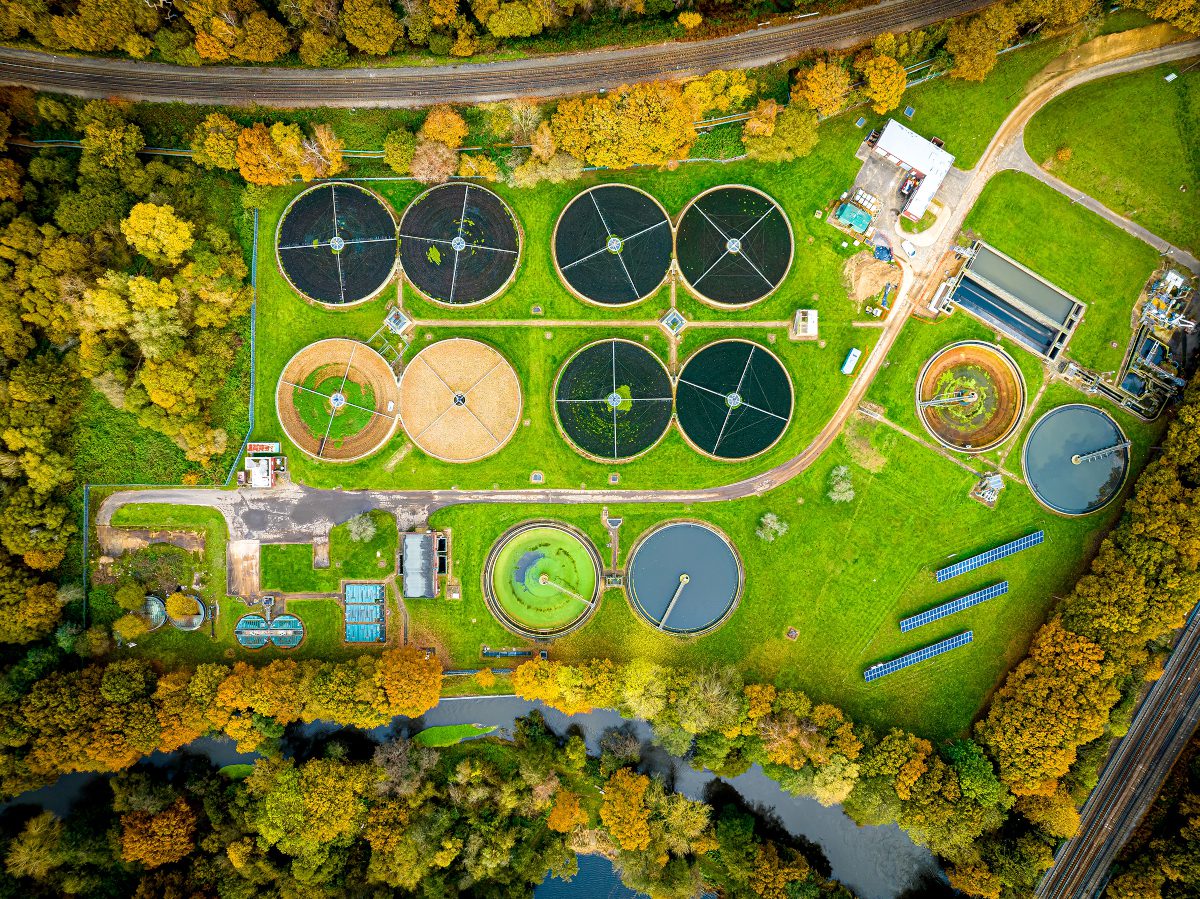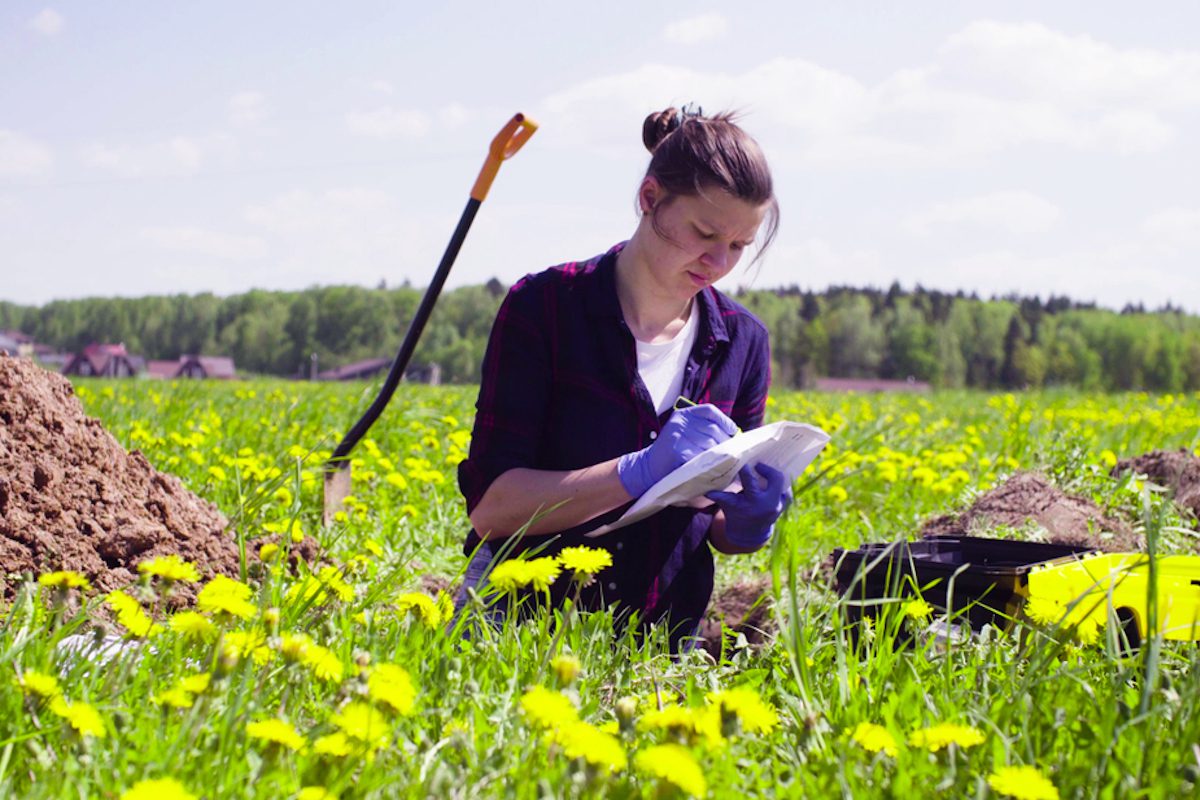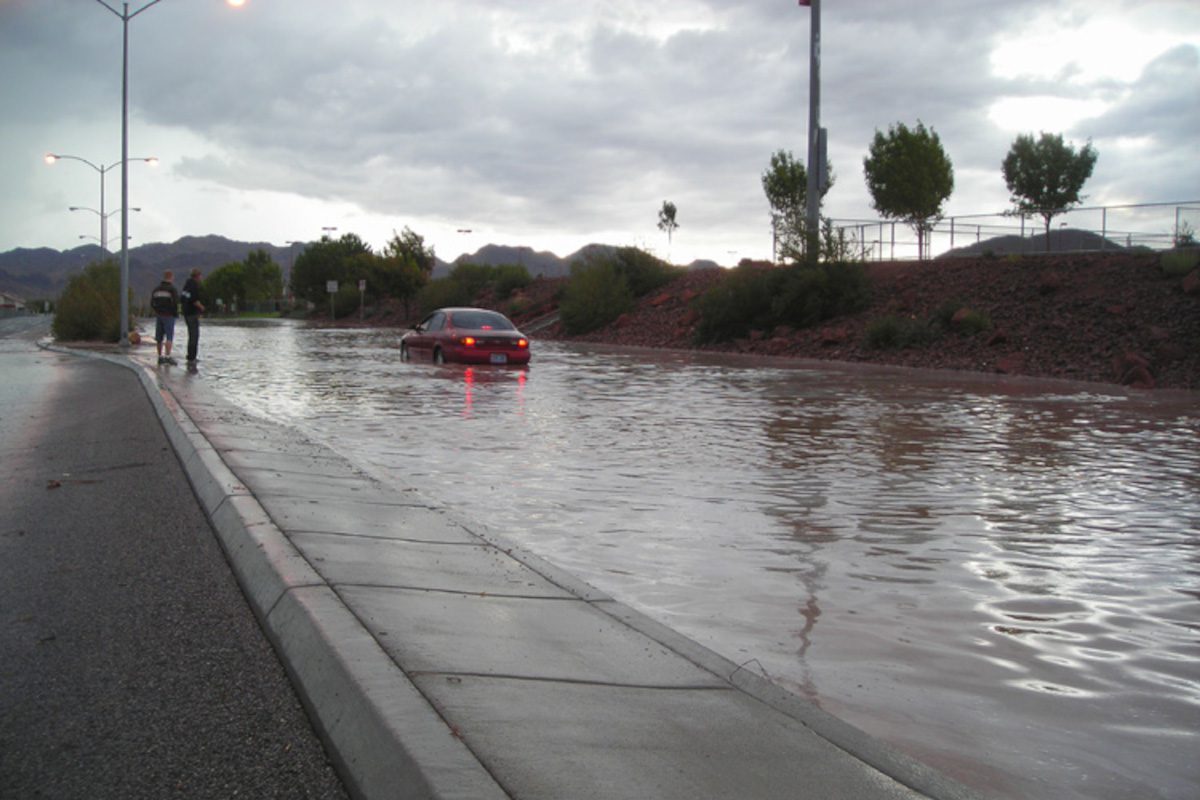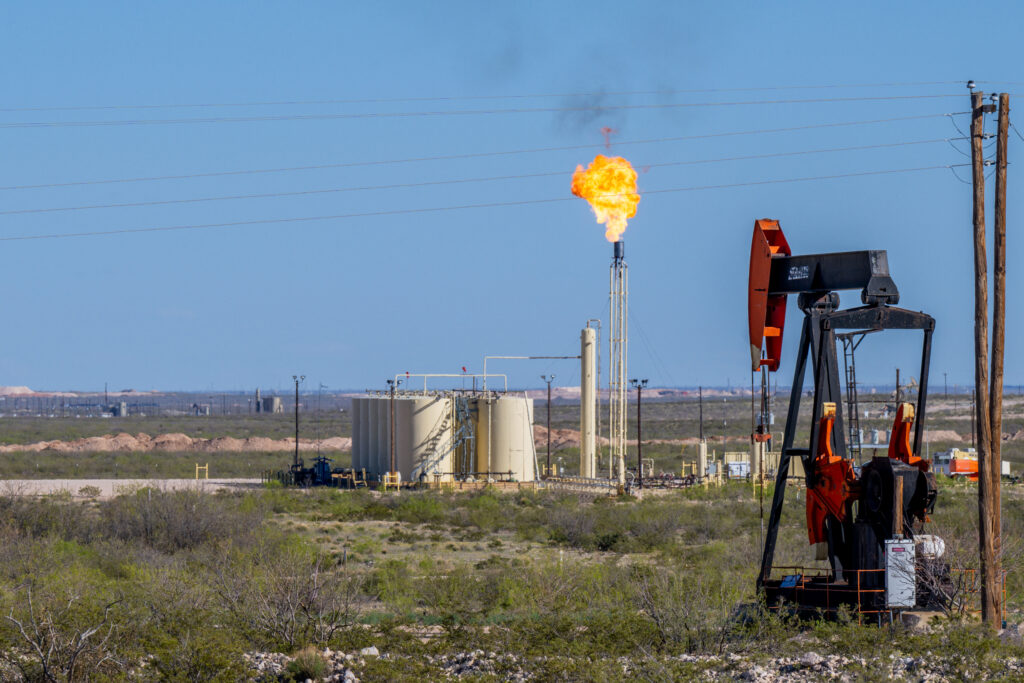
In the face of growing public concern about the presence of micropollutants in water and wastewater, Dr Pablo Campo Moreno identifies initiatives that he says are taking the lead in tackling the problem.
As the phrase ‘forever chemicals’ enters the Oxford English Dictionary for the first time in 2024, and these fluorinated substances expand the list of micropollutants, it might be time for a change in the way these persistent environmental pollutants are tackled.
Historically, regulations have focused on end-of-pipe solutions to avoid micropollutants entering water courses. Hence water companies and discharges of wastewater effluent have been under scrutiny. This approach is far from ideal and ignores other key players such as pharmaceutical companies and agriculture when tackling micropollutants.
Determining the single biggest contributor to micropollutants in watercourses is complex, as industries, farming and households all play a role. However, run-off from agriculture and discharges and waste from the pharmaceutical sector must be at the forefront of future discussions, due to the sheer volume and persistence of the pollutants they generate. Preventing micropollutants from being discharged into the environment in the first place must become the touchstone of policymaking.
Pharmaceuticals
As one of the largest contributors of micropollutants, the pharmaceutical industry has the potential to play a significant role in tackling micropollutant contamination; increased investment in research, broader adoption of advanced treatment technologies, and collaboration are crucial. Furthermore, strong regulations and international collaboration are essential to create a level playing field and drive change.
Pharmaceutical companies are collaborating with universities and research institutions to develop more environmentally friendly drugs and production processes. This approach includes exploring biodegradable pharmaceuticals and designing manufacturing processes that minimise waste and pollutant release. In addition, some health services have takeback programmes for expired or unused medication, preventing them from being flushed down the drain or disposed of improperly.
Farming and agriculture
Agriculture can contribute to micropollutant contamination in several ways, primarily via the use of pesticides. However, the farming sector can tackle micropollutants by minimising runoff through cover cropping and soil conservation, and optimising pesticide management to reduce leaching and emissions. This multi-pronged approach prioritises resource efficiency, natural solutions, and circularity; safeguarding water resources while nurturing healthier, more resilient ecosystems.
Water companies
Meanwhile, water companies are implementing advanced treatments at their facilities to remove pharmaceuticals and other micropollutants before releasing treated wastewater into public systems. Some use technologies like ozone oxidation, and membrane filtration. For this purpose, the EU Urban Wastewater Treatment Directive can help reduce microplastics pollution by investing in wastewater treatment plants and stormwater management systems.
The EU Water Framework Directive set ambitious targets for reducing pollution in water bodies, prompting companies to invest in improved treatment technologies. While tighter regulations are needed to manage micropollutants in water, public awareness, sustainable behaviours, technological innovation, and circular economic models are crucial in addressing these contaminants.
While the UK water sector is actively tackling micropollutants, challenges remain including the high cost of new treatment technologies and infrastructure upgrades, and the complex nature of identifying and quantifying all micropollutants. Overcoming these issues requires a multifaceted approach, including:
- Research and innovation: We need a deeper understanding of the sources, fate, and effects of micropollutants. Research into advanced treatment technologies, such as membrane filtration and advanced oxidation processes, is crucial.
- Collaboration: No single entity can solve this complex issue alone. Strong partnerships between governments, academia, industry, and NGOs are essential to share knowledge, develop effective solutions, and implement best practices.
- Technology adoption: Investing in and scaling-up proven technologies to remove micropollutants from water and wastewater treatment plants is critical. Additionally, exploring decentralised treatment options for smaller communities can be beneficial.
- Nature-based solutions: Harnessing the power of natural systems, such as constructed wetlands, can provide sustainable and cost-effective ways to remove micropollutants in conjunction with other measures.
Tackling micropollutants is ever evolving, which is why meetings bringing stakeholders and experts together, like the upcoming British Water’s Micropollutants Conference are so relevant. This event takes place in Leeds on Thursday 8 February 2024 and presentations will explore current legislation and ongoing initiatives about the environmental risks associated with micropollutant emissions, and treatment approaches. Now in its third year, the conference provides an excellent opportunity to engage with stakeholders and experts from government, water companies, consultancy, and academia.
As we will discuss at the conference, dealing with micropollutants is not just a technical challenge; it is a collective responsibility. We all have a role to play, from policymakers and researchers to businesses and individuals. By combining existing technologies, fostering innovation, and implementing strategic policies, we can move towards a future with cleaner and safer water for all.



